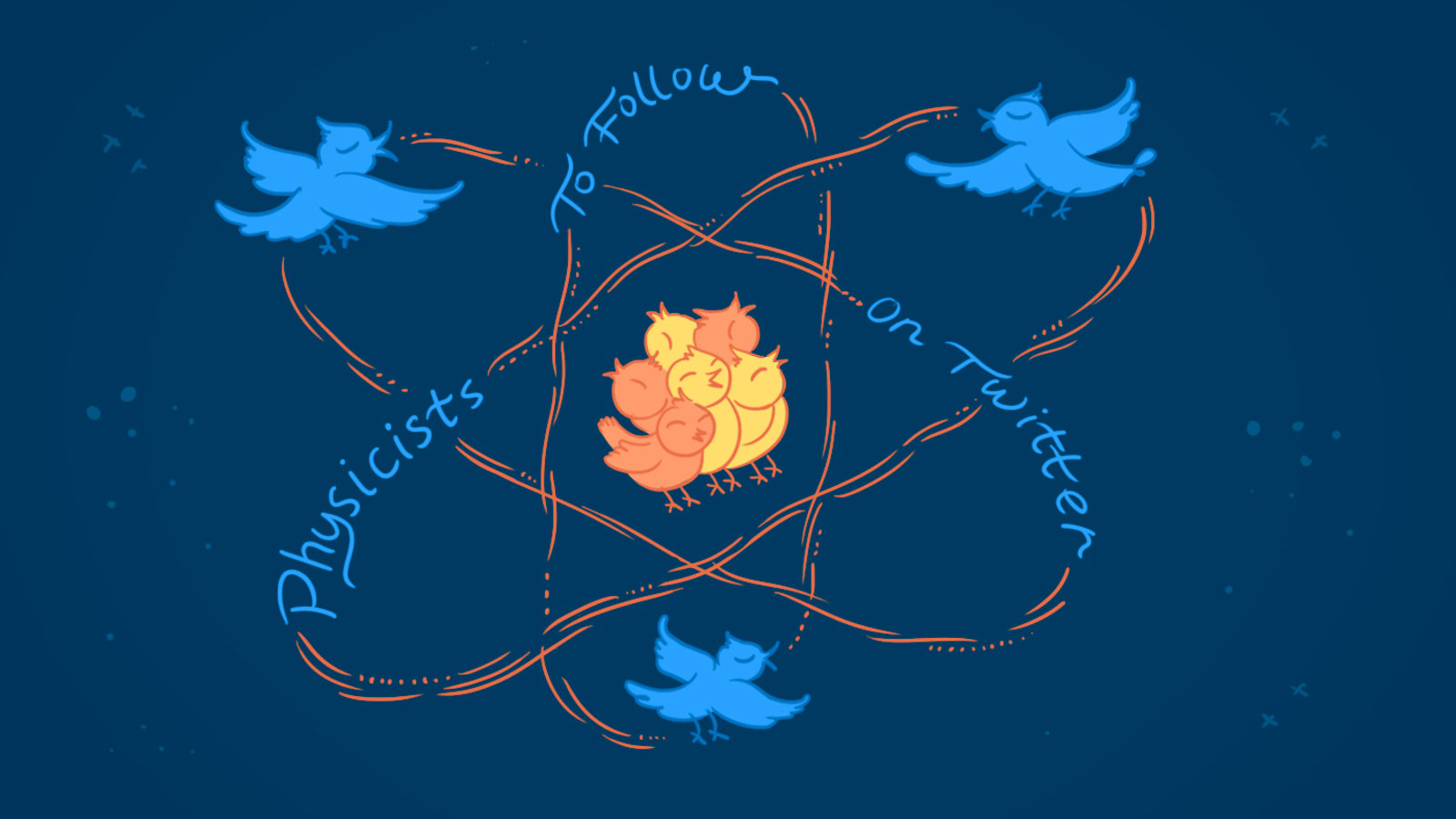Pop culture can sometimes perpetuate the notion that scientists hide away in ivory towers doing work unintelligible to the public at large.
But science doesn’t have to be inaccessible or incomprehensible. In this third installment of the #FollowFriday series, symmetry introduces four more particle physicists who make the effort to explain what they do—and what they care about—on Twitter.
Seth Zenz
Dicke Fellow,
Princeton University Physics Department
Tell us about yourself in 140 characters or less.
I work for Princeton on the CMS experiment at the CERN Large Hadron Collider: Higgs searches, upgrade studies and the pixel detector.
What areas of physics most interest you?
Thinking about what to look for in the next 10 or 20 years of LHC running, how to solve the technical problems while looking for it… and then what to do after that!
Why do you use Twitter?
I started out on Twitter as an outgrowth of my outreach work on the USLHC/Quantum Diaries blogs. I wanted a place to put ideas that were too short for a post, or which I didn't have time to post about. Over time I have branched out and now follow quite a range of scientists and explore broader areas of discussion.
What do you usually tweet about?
My primary focus is to write about particle physics and the lives of particle physicists. I retweet interesting papers, argue about the implications of the latest Higgs search results, and for a while I was doing a daily #ParticleOfTheDay. But then I also comment on the menu at CERN’s Restaurant 1 or banter with my wife's public Twitter persona as a museum curator.
Jon Butterworth
Head of Physics & Astronomy,
University College London
Tell us about yourself in 140 characters or less.
UCL physics prof. working on ATLAS at the LHC—mainly jets, subjets, Higgs and similar. Guardian science blogger and writing a book.
What areas of physics most interest you?
Collider physics and the Standard Model, because it works so well and I have no idea why.
Why do you use Twitter?
I use it to get information, share information and chat. I like the way it makes different professions and subcultures permeable to each other. I gave a 10-minute talk on exactly this at UCL, if you're interested.
What do you usually tweet about?
According to a word-chart Twitter UK made for me, about 40 percent particle physics, 20 percent education, 20 percent other science and technology, 20 percent food & drink.
I would say about half physics, half random.
Do you have suggestions for our next #FollowFriday? Follow us on Twitter @symmetrymag, and let us know which physicists you recommend.







